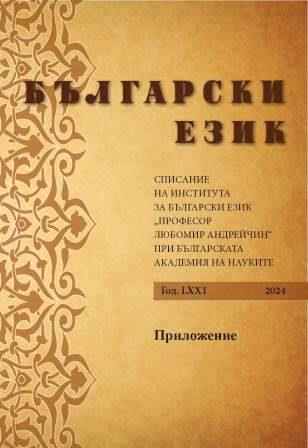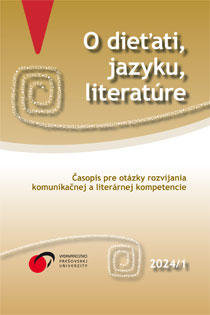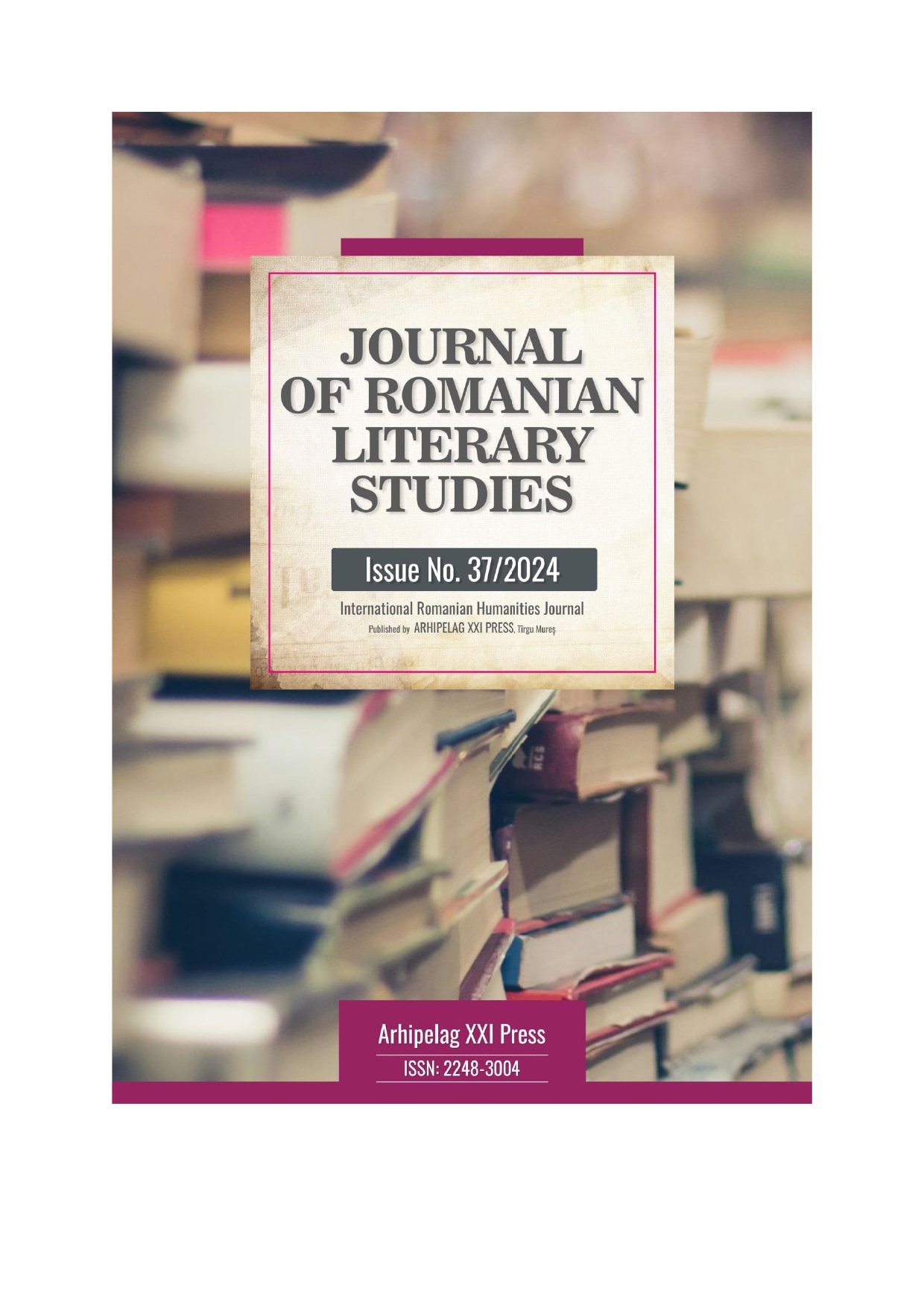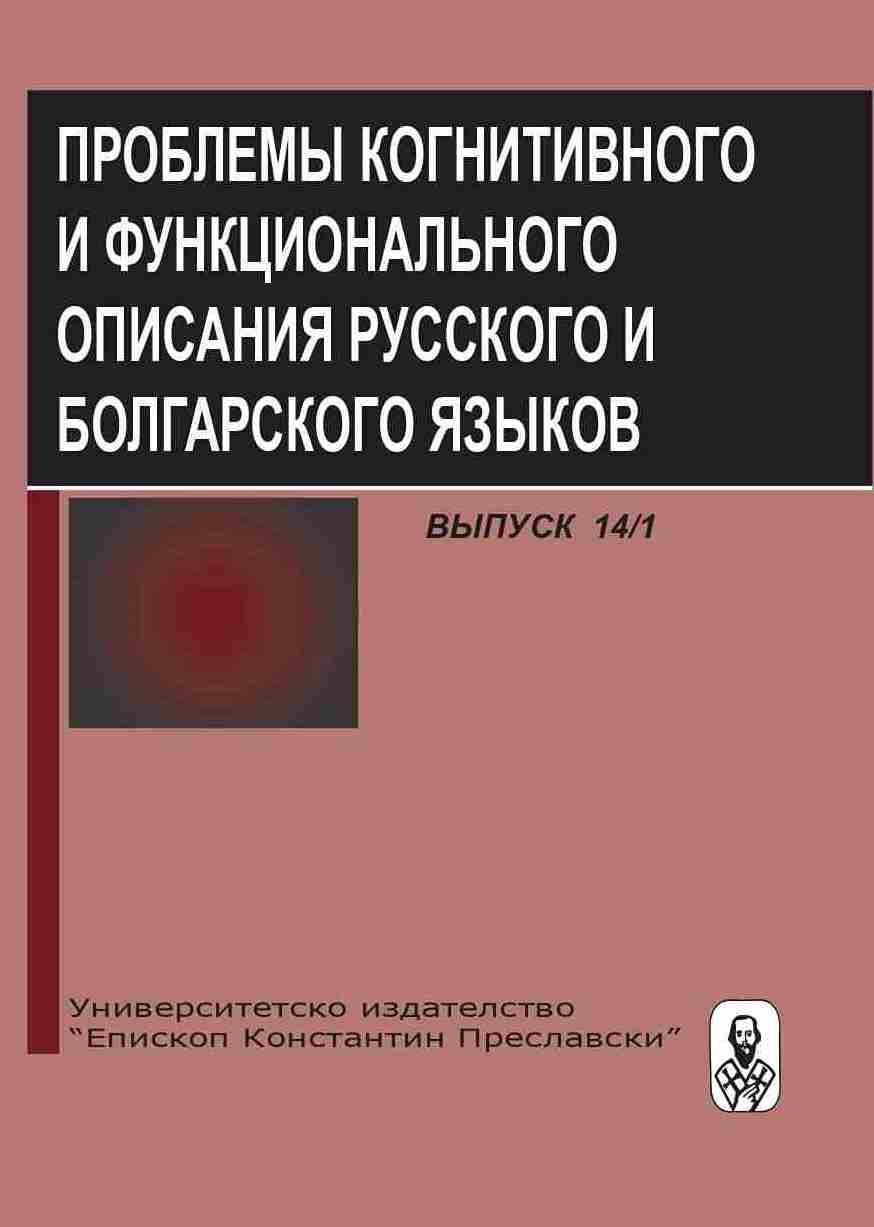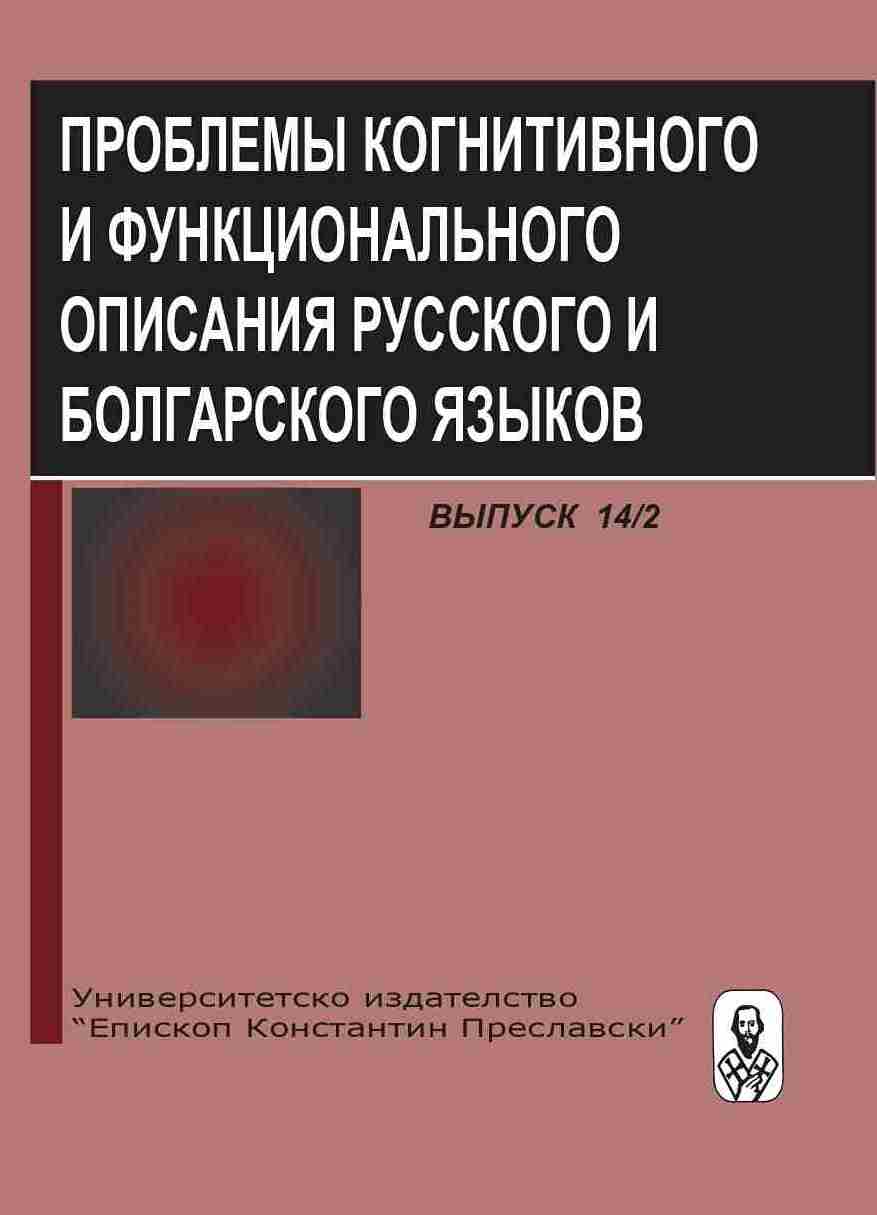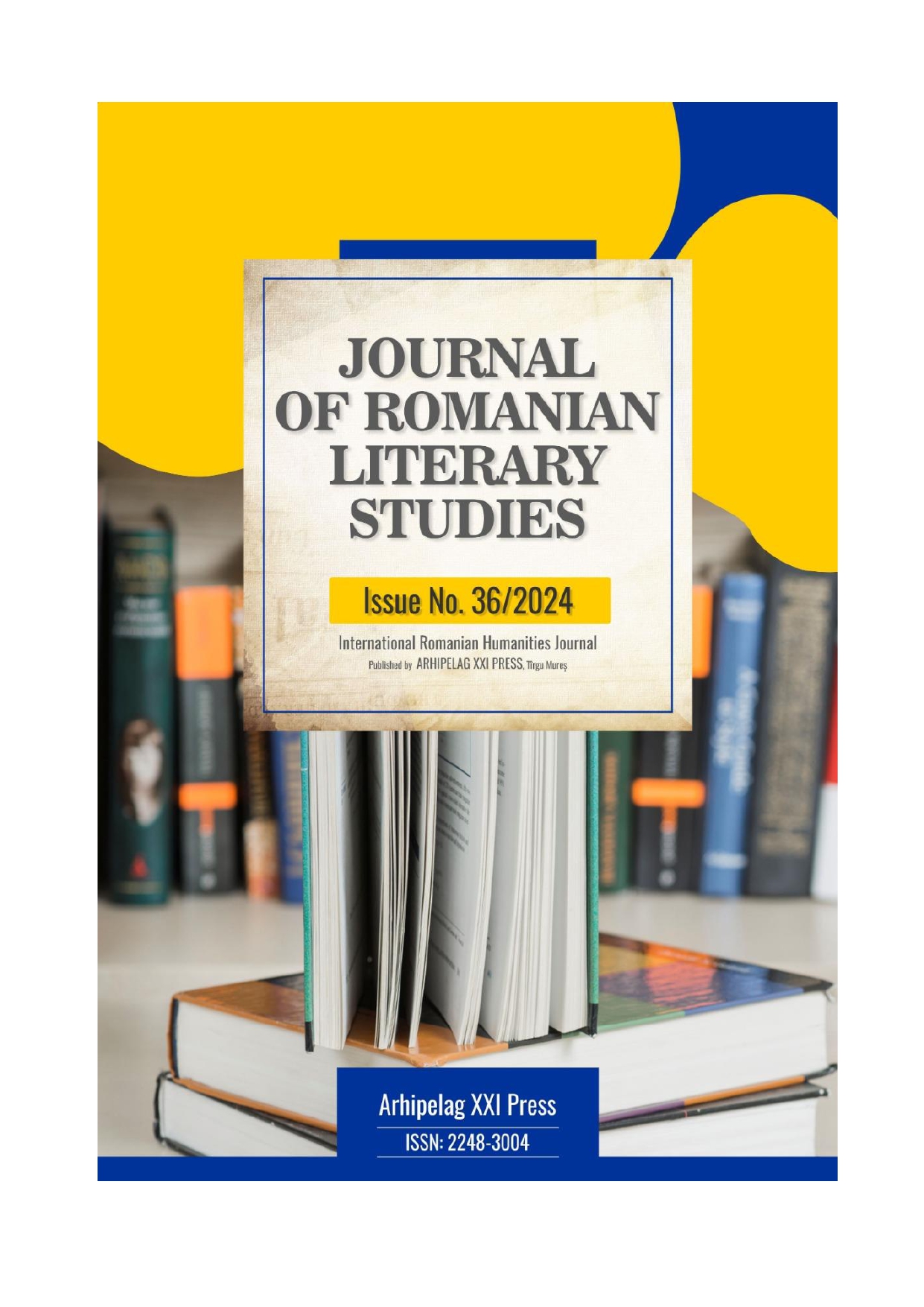
SOME DIMINUTIVE FORMS CONTAINING THE SUFFIX -EL USED ON THE INTERNET IN THE LAST FIVE YEARS (2019-2024)
The class of diminutives on the online environment is characterized by evolution, mostly a quantitative one, in the sense that it is constantly enriching with recent and neological diminutive forms. In the present article, the term ʺdiminutiveʺ will reffer to words that convey the notion of ʺsmallnessʺ which can be interpreted literally or metaphorically, by adding a diminutive suffix (in our case ʺ-elʺ) to a base word. The aim of the present descriptive study is to make an inventory of some new diminutive forms containing the suffix ʺ-elʺ excerpted from the Internet in the last five years and in this way to illustrate the creativity of Internet users. The focus will be on morphological cathegories of the diminutives: nouns, adjectives, adverbs and interjections. These will be presented along with the context in which they were used, all of them being selected from the virtual space, from different online conversations.
More...
